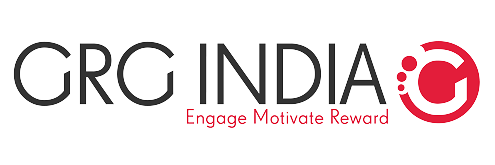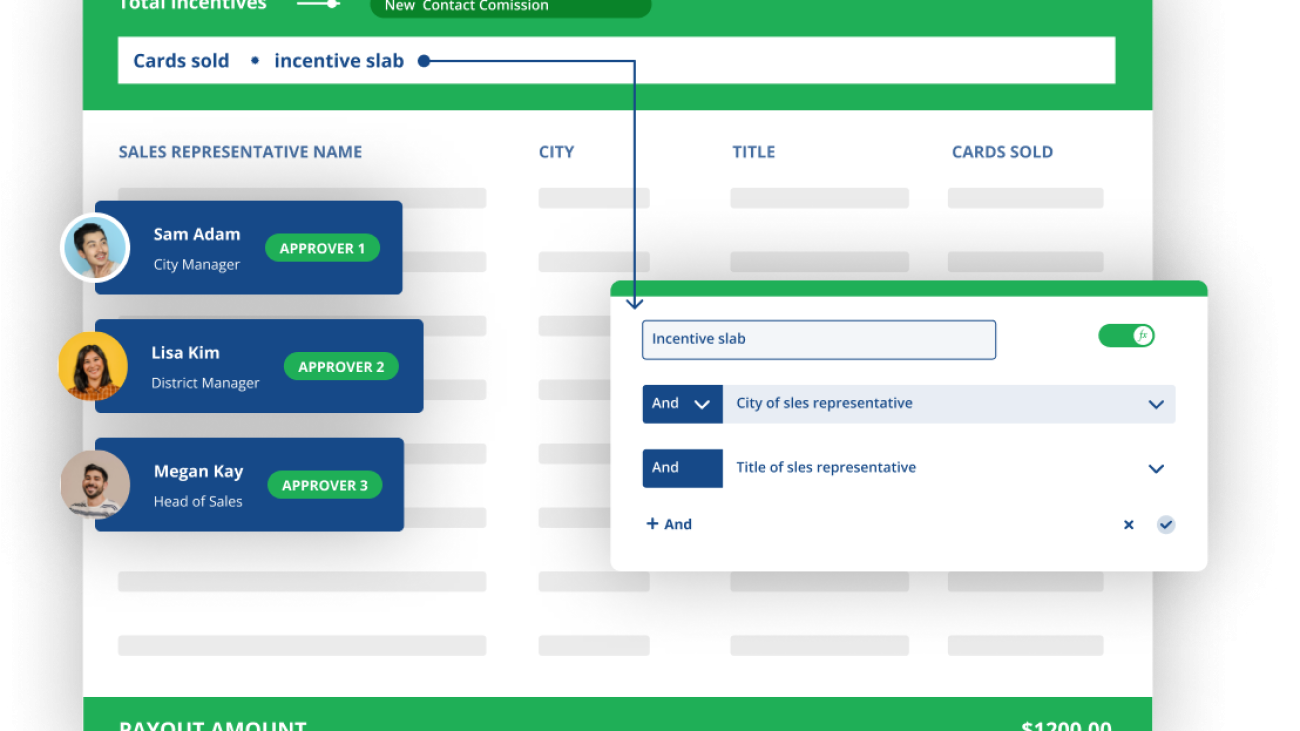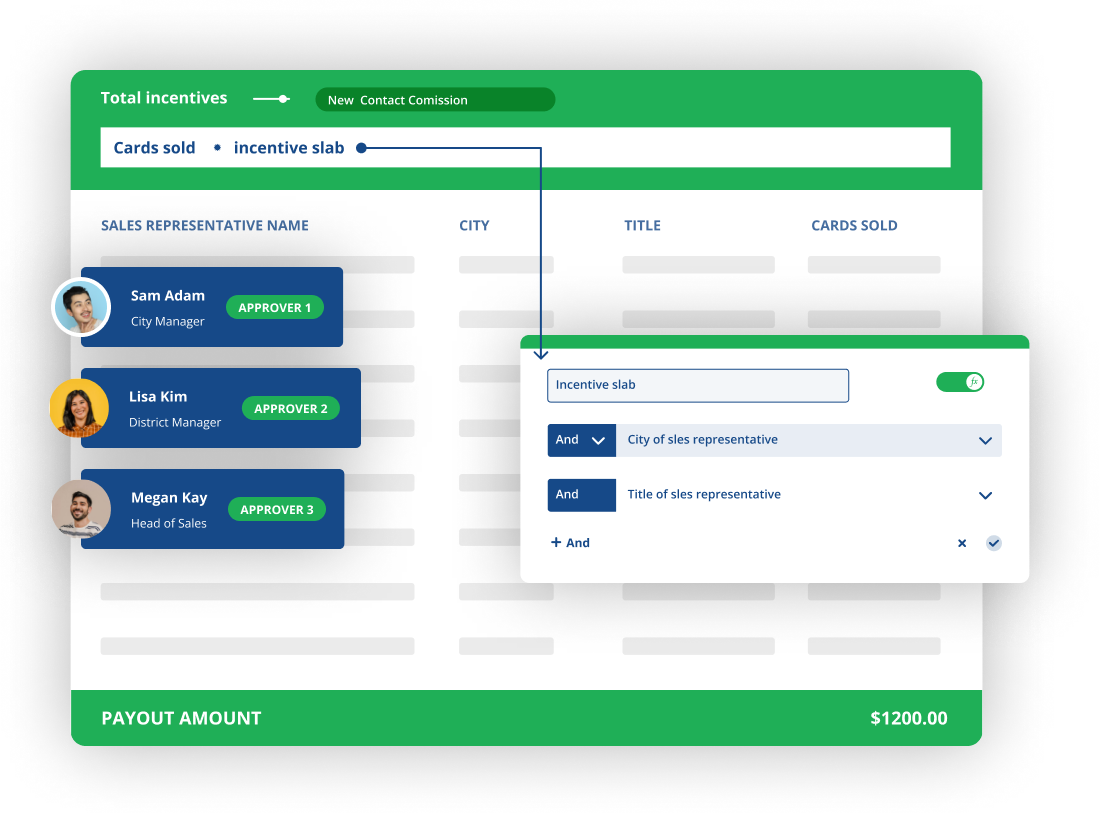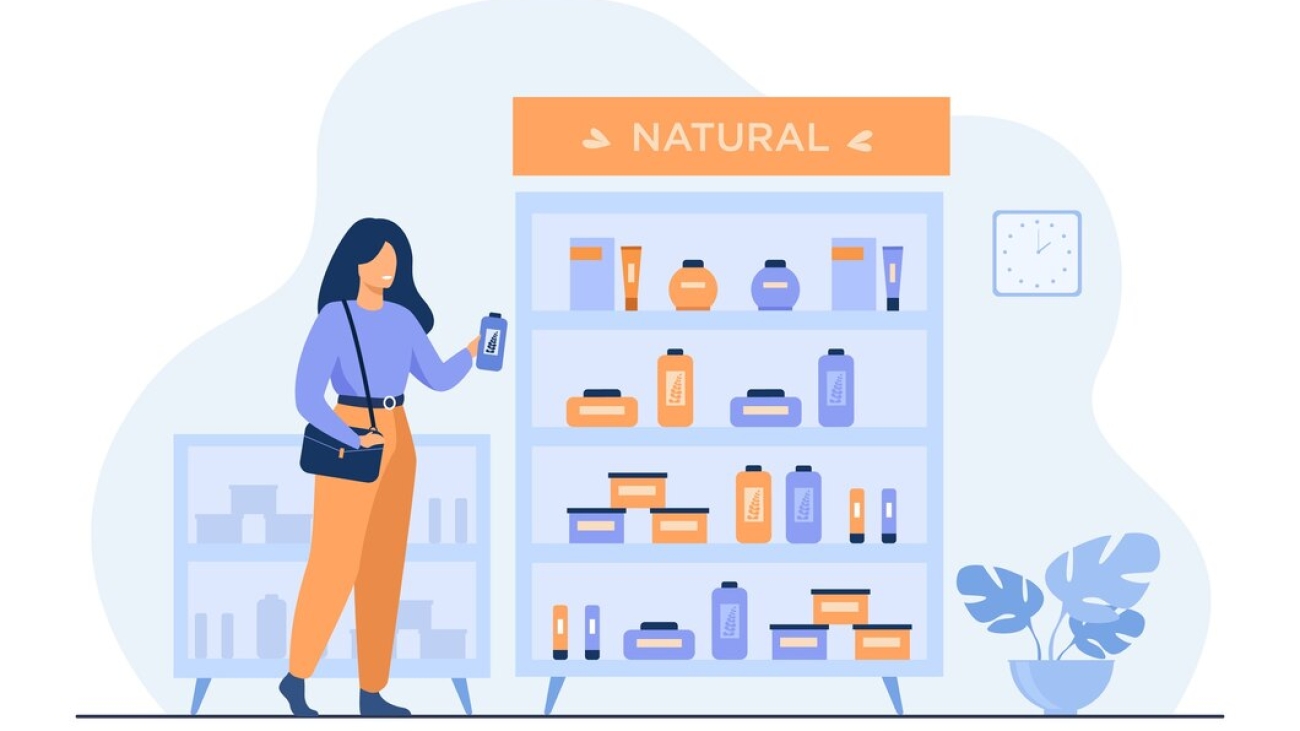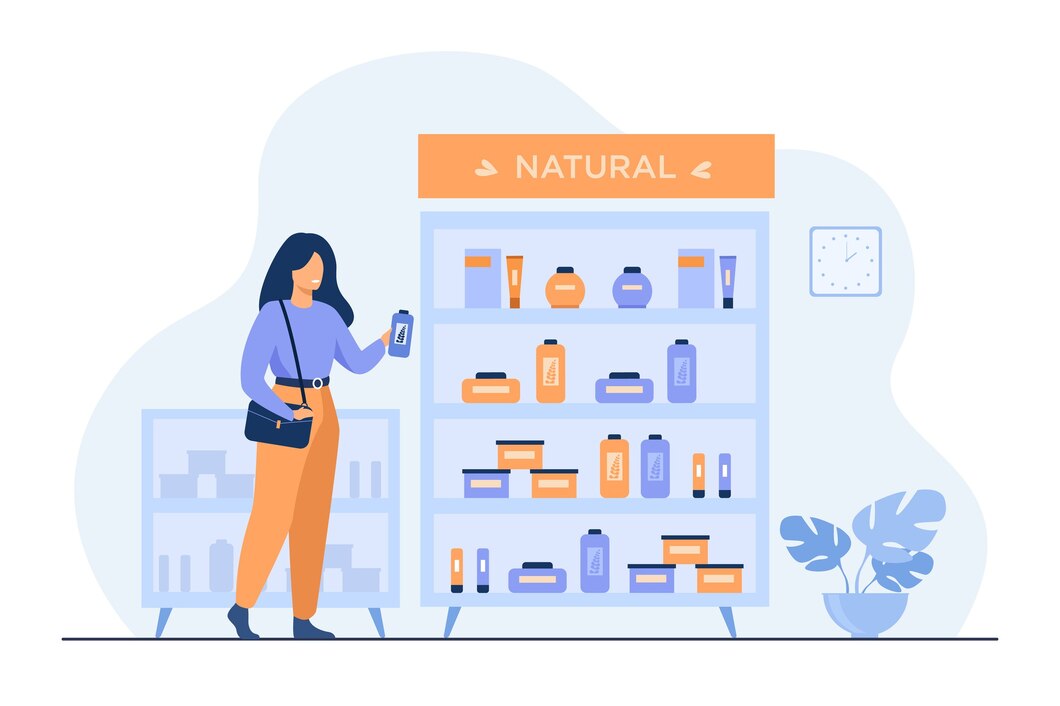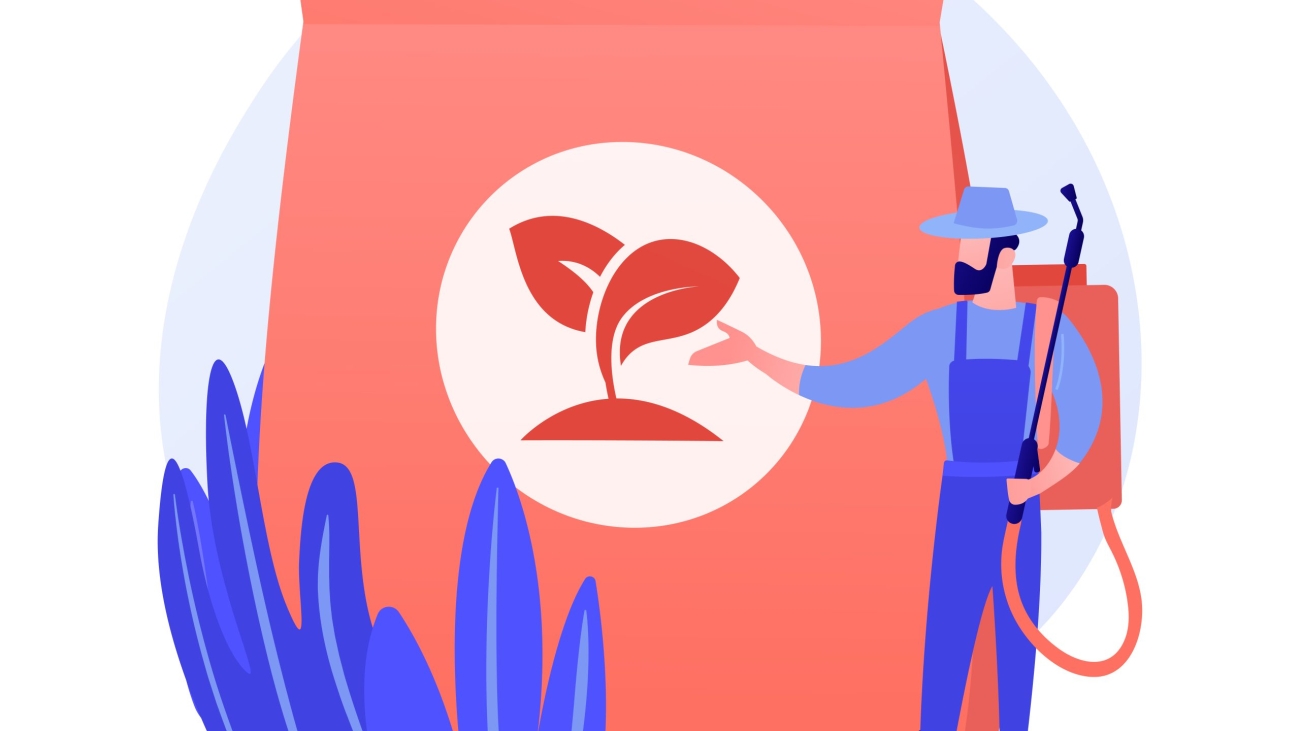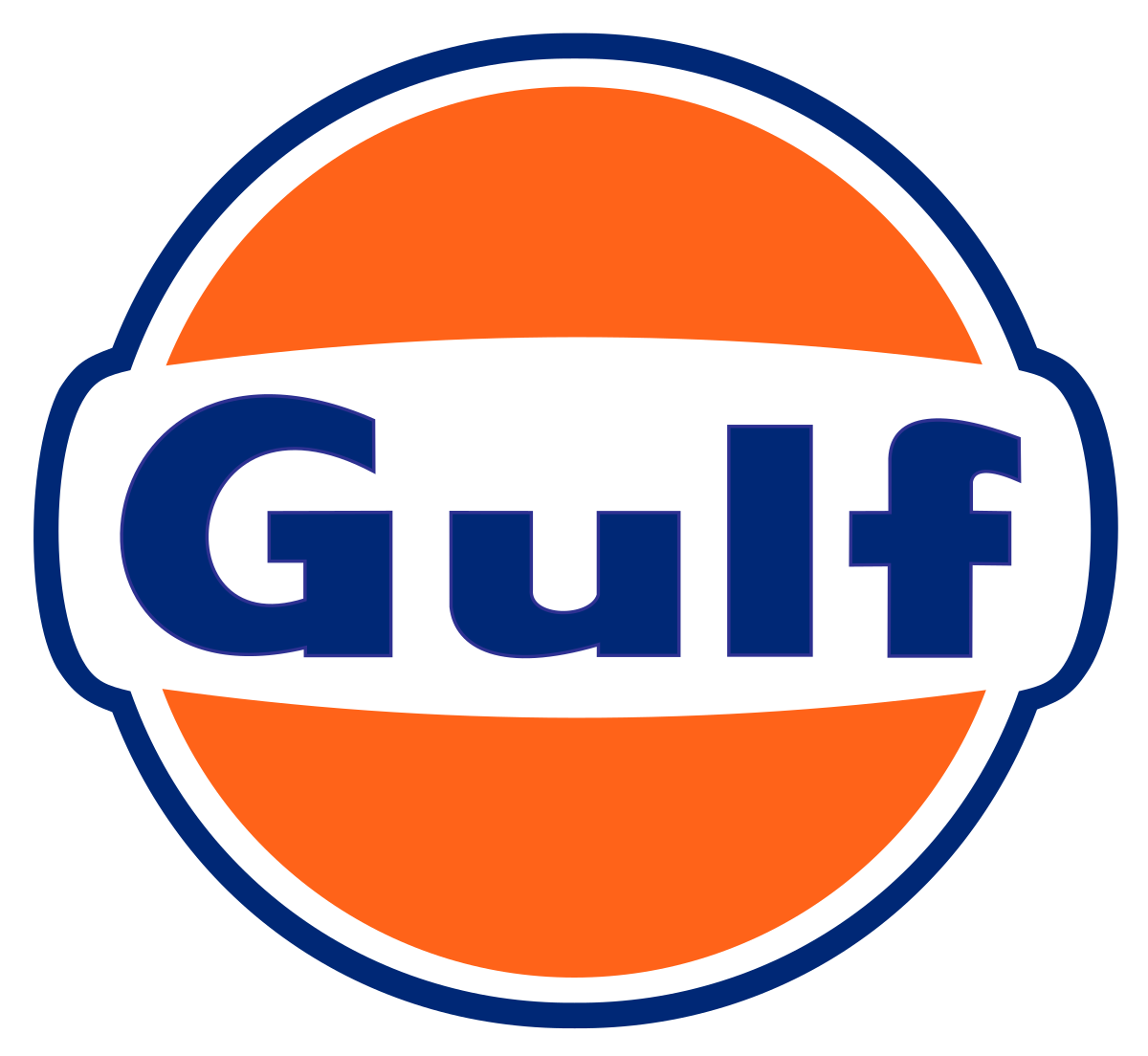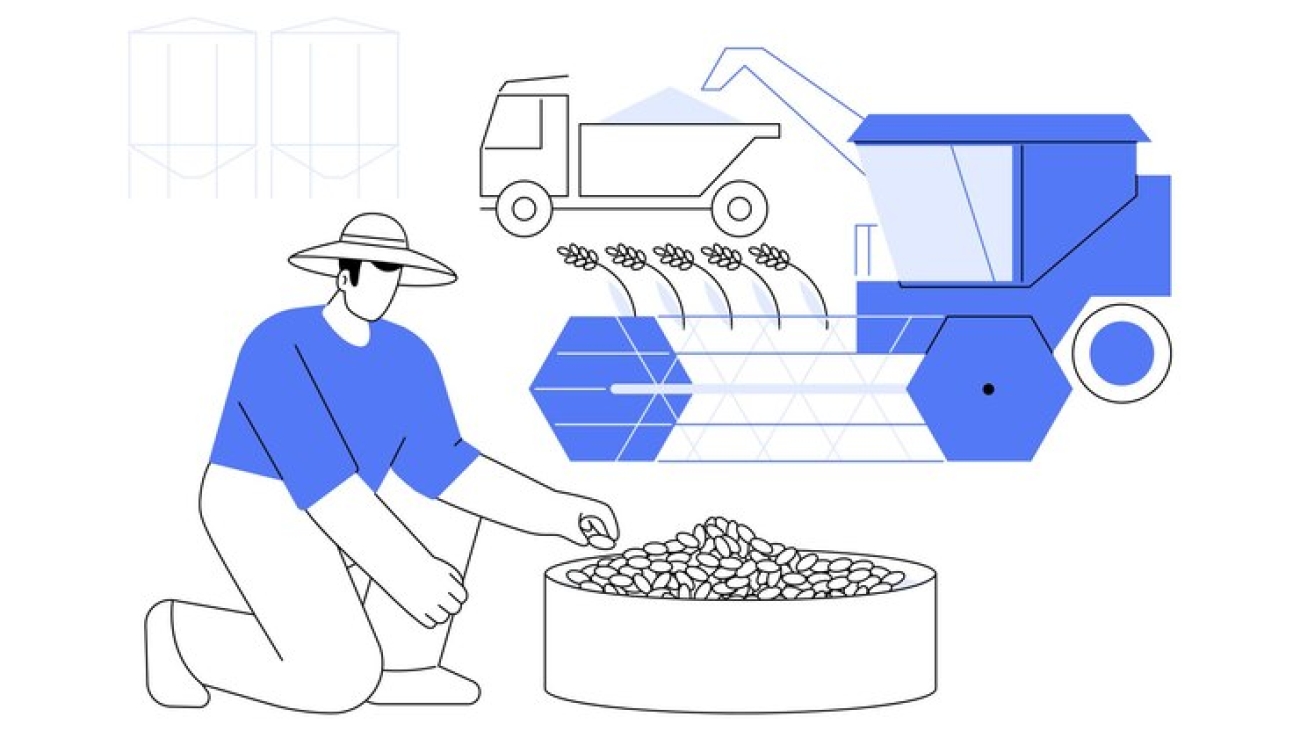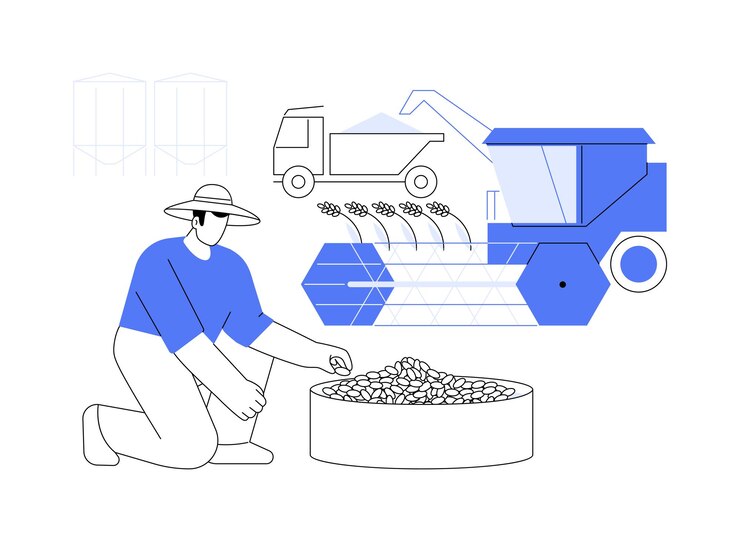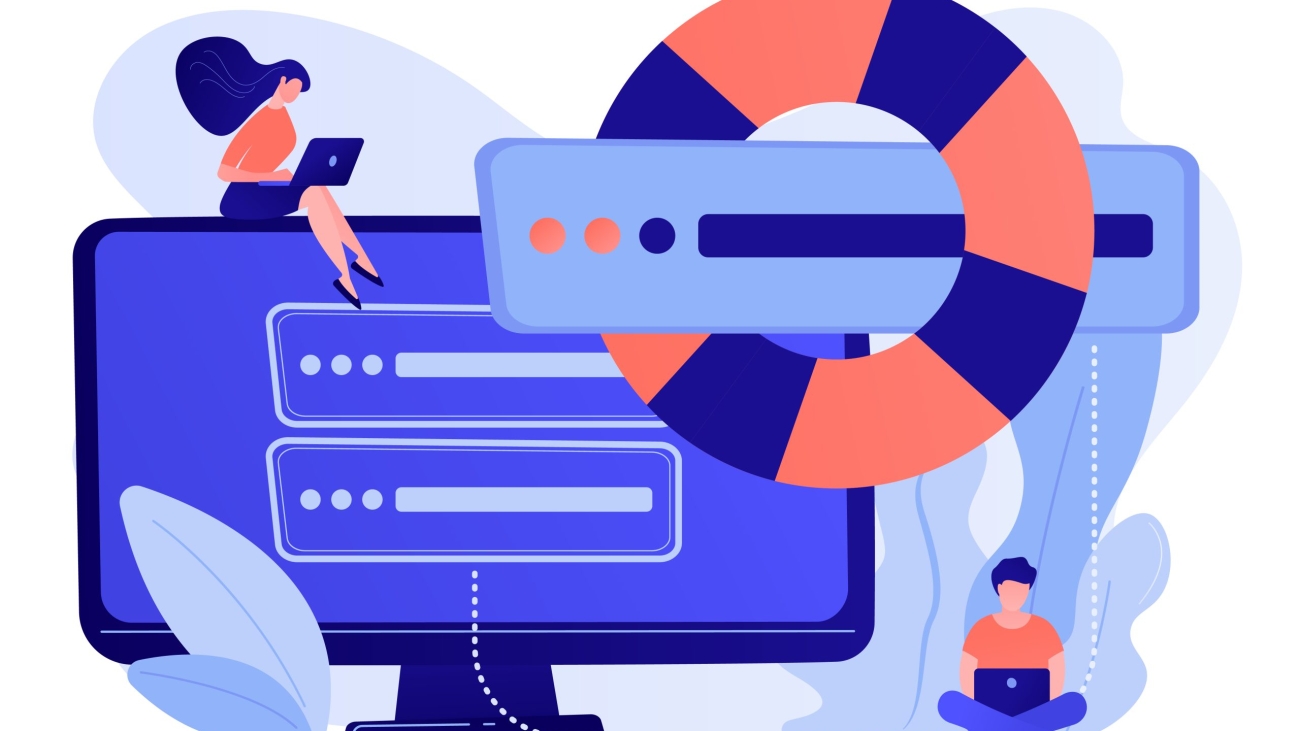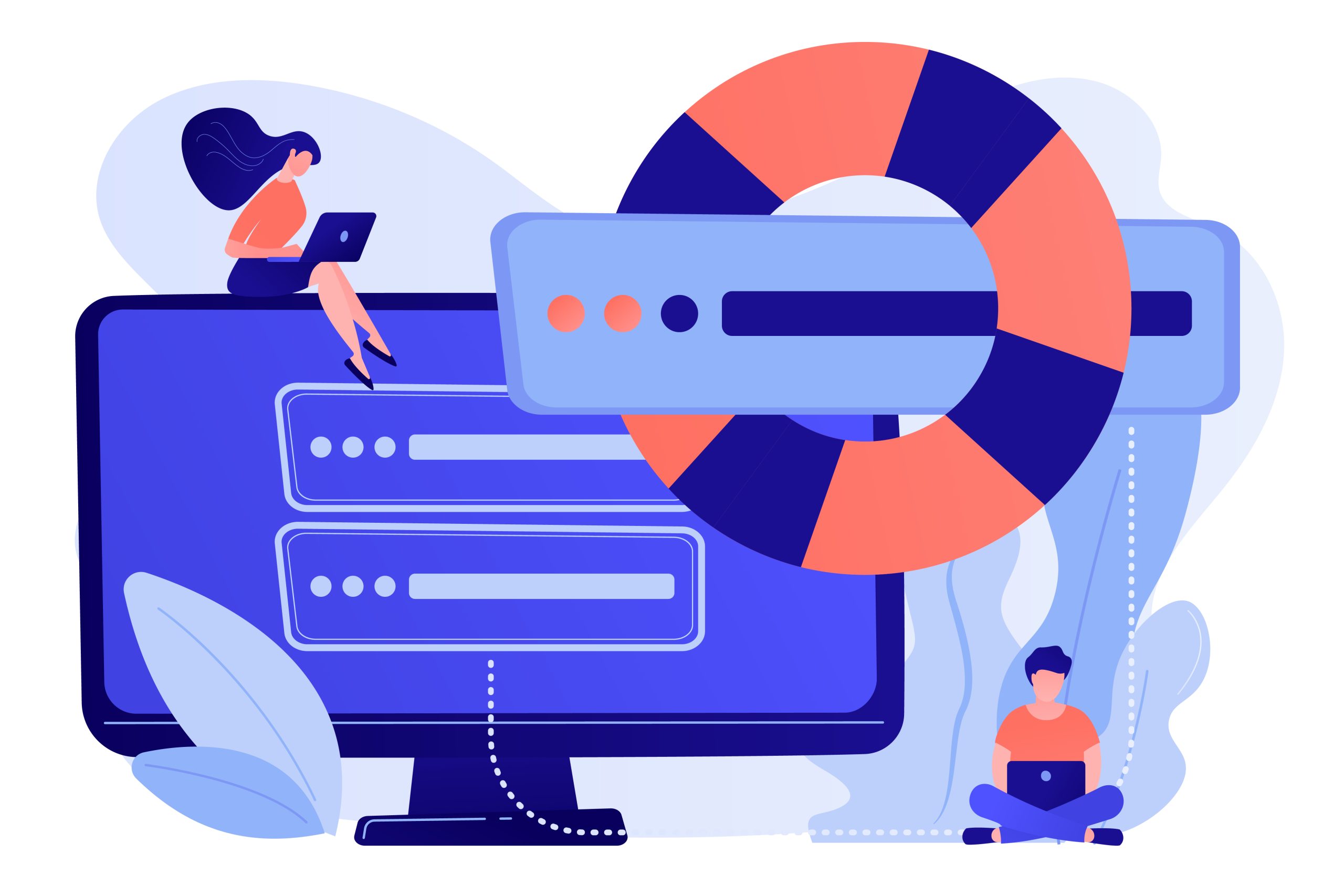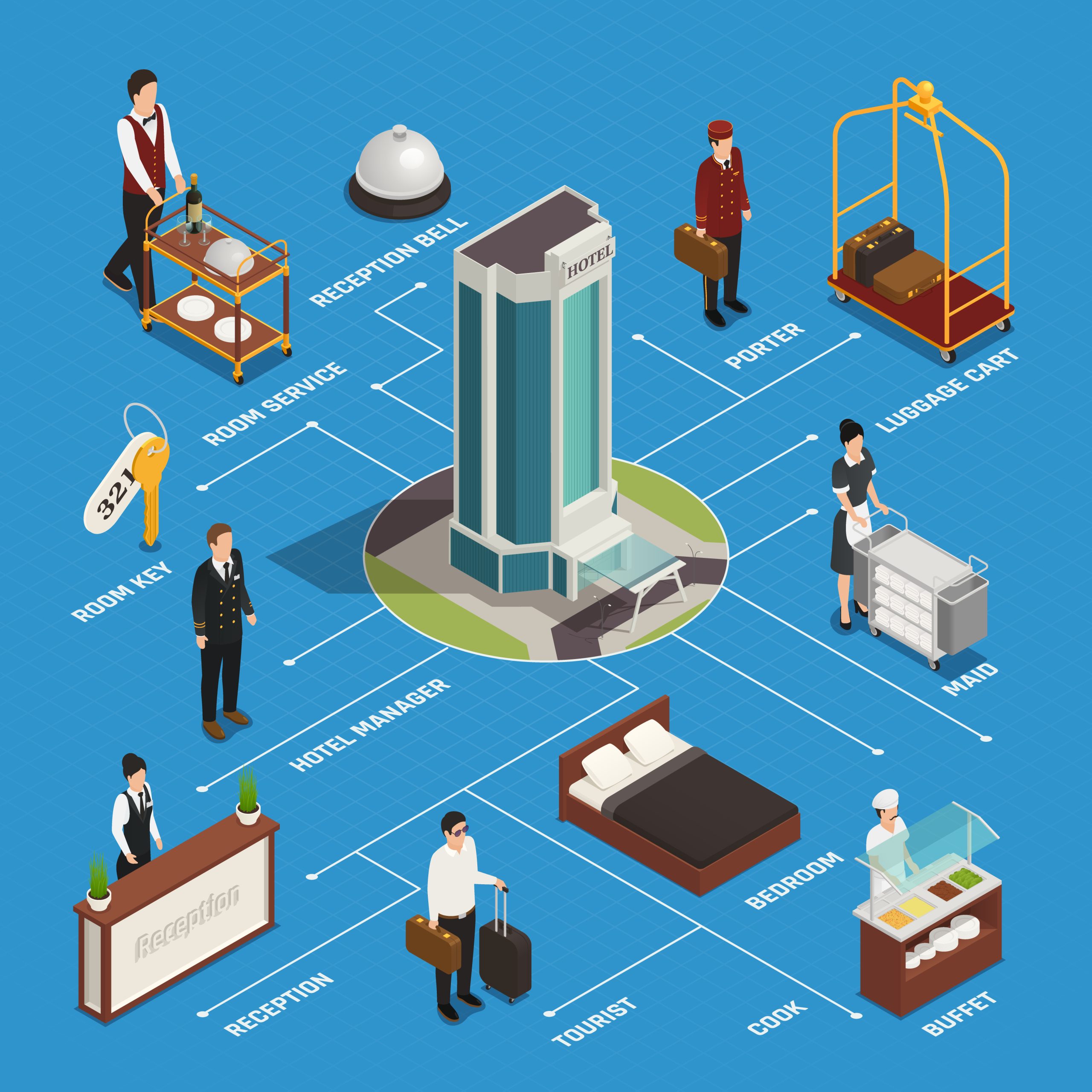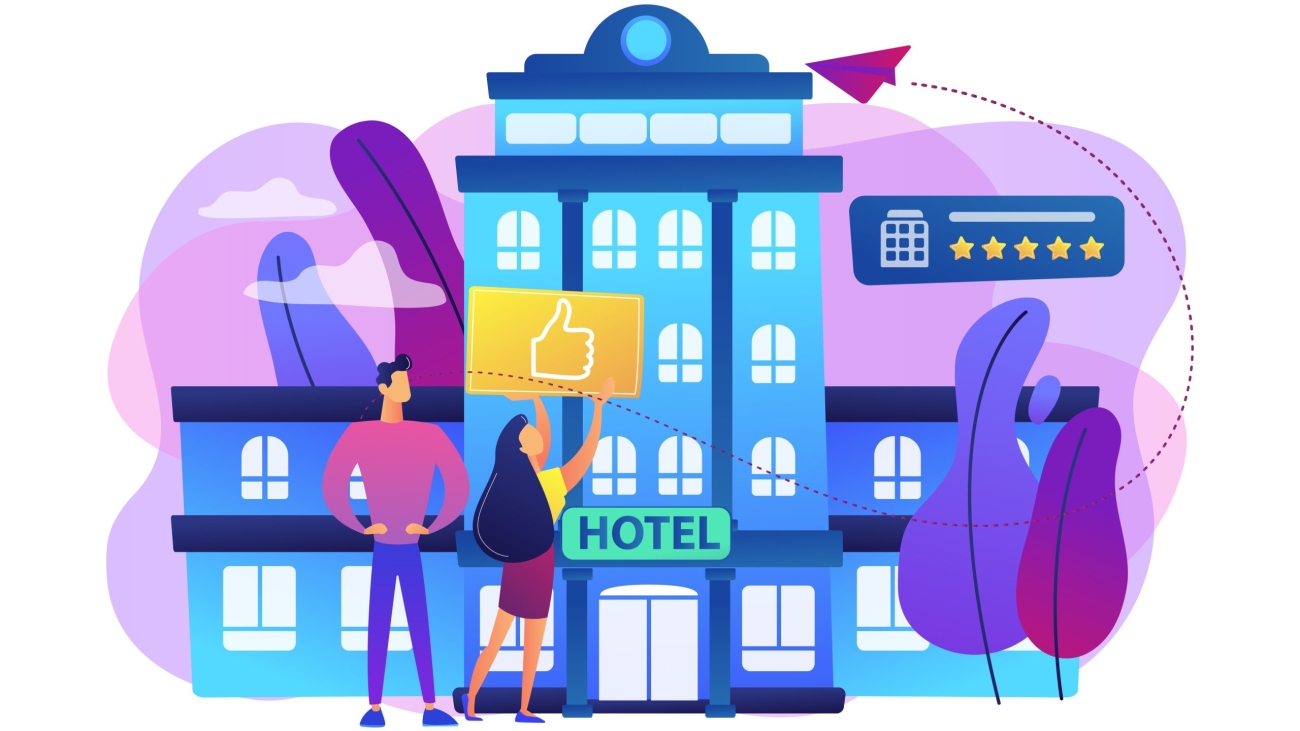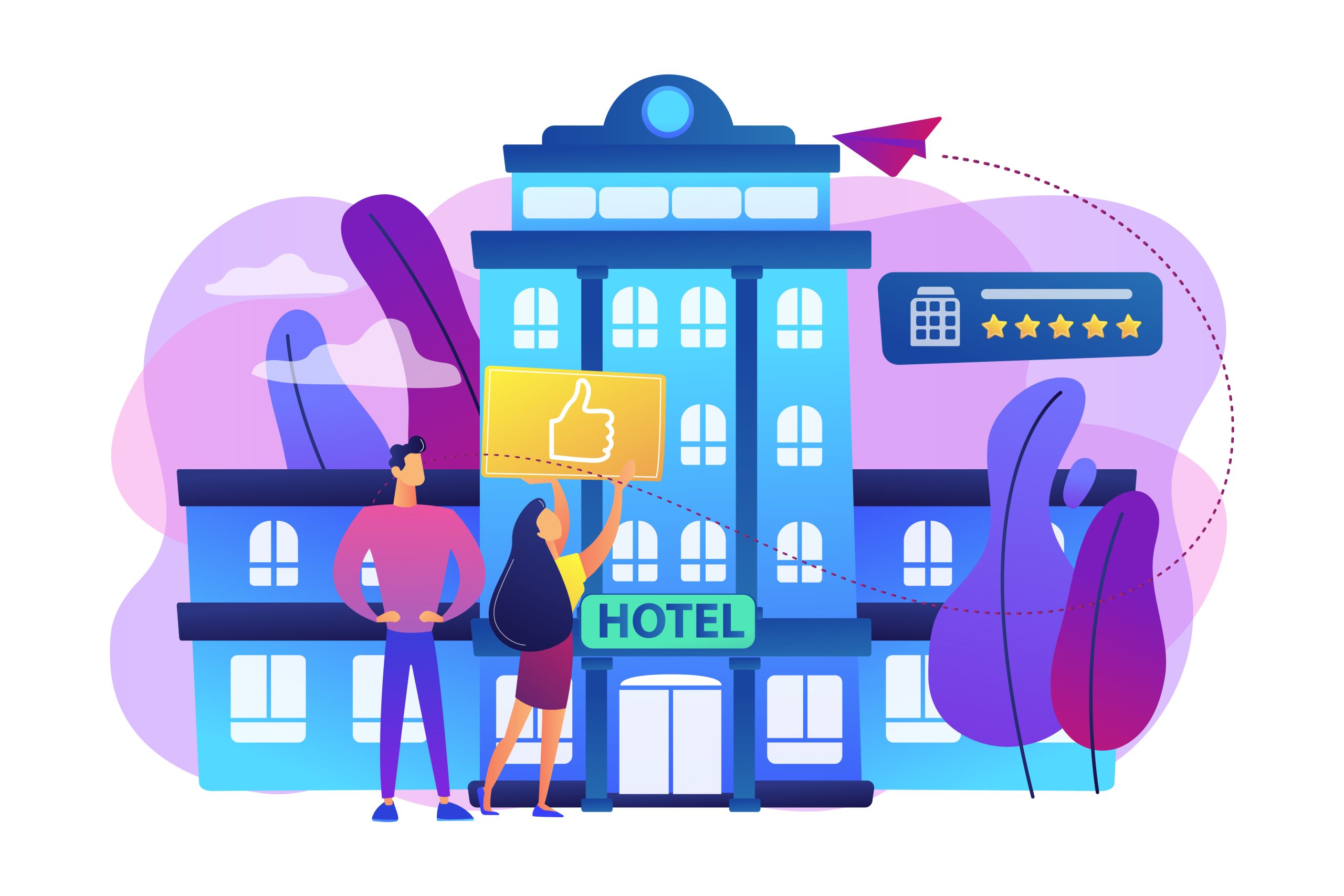Building Dealer & Architect Loyalty in Sanitary Ware: Practical Strategies for Lasting Growth

The sanitary ware industry is crowded with brands that offer similar-looking products, price points, and features. But success in this space isn’t only about the product—it’s about who recommends you.
Dealers decide what gets highlighted in showrooms, and architects decide what gets specified in projects. In fact, repeat purchase decisions often lie with these two stakeholders. If they trust your brand, they’ll keep recommending it. If not, your products risk being sidelined, no matter how good they are.
That’s why loyalty programs are becoming one of the most effective ways for sanitary ware brands to build sustainable market share. Platforms like My Incentives by GRG India make it possible to run structured, transparent, and scalable programs that strengthen these crucial relationships.
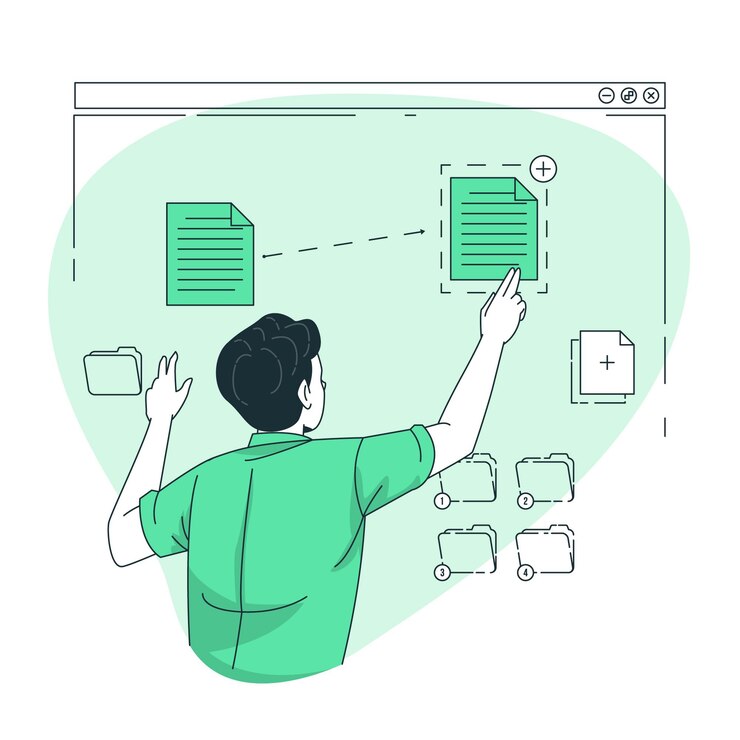
Thinking about implementing an incentive solution for your team?
Schedule a free Proof of Concept session tailored for your brand
Why Dealer and Architect Loyalty Matters
1. Dealers shape showroom sales
Walk into any sanitary ware showroom, and the dealer or sales staff plays a decisive role in guiding customer choices. Their recommendations influence whether your products are even presented to the end customer.
2. Architects drive project specifications
A single project specification by an architect can translate into thousands of units sold. Once your brand becomes part of their trusted list, repeat specifications follow.
3. Competing on price isn’t enough
Short-term discounts or schemes may grab attention, but they don’t guarantee repeat preference. Without a long-term engagement plan, brands risk losing partners to whoever offers the next quick incentive.
What Effective Loyalty Programs Look Like
Across building materials and related industries, loyalty programs have shown some clear patterns of success. The most effective programs typically combine structured incentives, recognition, and consistent engagement.
Here’s how sanitary ware brands can apply these learnings:
1. Product & Industry Knowledge as a Loyalty Driver
Knowledge is power in the sanitary ware business. Dealers who understand the technical advantages of your products are more confident in recommending them to walk-in customers. Similarly, architects who are kept up-to-date on trends like water-saving technologies, smart fixtures, or sustainable materials are far more likely to specify your brand in projects.
Without this knowledge, even loyal partners may default to promoting competitors whose offerings they feel more comfortable explaining.
How to make product knowledge accessible:
- Micro-learning modules delivered via loyalty apps like My Incentives (short videos, quizzes, or product comparison cards).
- Digital resource libraries with brochures, installation guides, and case studies available on-demand.
- Knowledge-based rewards, such as points for completing product training or attending webinars.
- Interactive workshops—both online and at regional dealer/architect meets—focused on product applications and design best practices.
When loyalty programs combine rewards with continuous learning, they don’t just incentivize sales—they empower partners to become trusted advisors to their clients.
2. Structured Rewards, Not Ad-Hoc Discounts
Dealers often receive temporary schemes—extra margin here, seasonal discounts there. But these are quickly forgotten. A structured points-based system works better, where every sale or specification contributes to a partner’s reward balance.
Example: For every unit sold or specified, participants earn points redeemable for travel vouchers, digital wallets, or branded merchandise. This makes performance-linked rewards predictable and motivating.
3. Tiered Recognition to Drive Aspiration
Not all partners contribute equally—some drive 10x more business. A tiered program (Silver, Gold, Platinum) creates aspiration and a sense of exclusivity.
Example: Platinum-tier dealers may get early access to new launches and premium visibility in showrooms, while architects at higher tiers may be invited to closed-door design forums or annual recognition events.
4. Beyond Financial Rewards: Recognition Matters
For architects in particular, recognition often matters more than monetary rewards. Featuring their projects in brand campaigns, spotlighting them in newsletters, or inviting them as speakers at industry meets builds professional credibility—something cash alone cannot buy.
5. Transparent Tracking Builds Trust
One of the most common frustrations in loyalty programs is “not knowing how rewards are calculated.” With digital platforms like My Incentives, dealers and architects can see their progress in real time—points earned, redemptions made, and tier status. Transparency eliminates doubts and encourages greater participation.
6. Year-Round Engagement Instead of Seasonal Bursts
Many brands run Diwali or year-end schemes, but loyalty evaporates once the campaign ends. The most effective programs engage continuously quarterly contests, ongoing referral bonuses, or monthly recognition like “Dealer of the Month.”
Consistency ensures partners feel valued all year, not just during sales pushes.
7. Personalization at Scale
Not every reward excites every participant. Some dealers may prefer cash, others marketing support or co-branding materials. Some architects may value gadgets, while others prefer access to certifications or workshops. Modern platforms enable personalized rewards at scale, ensuring relevance for each participant.
Realistic Examples from the Industry
- Dealer Growth Programs: Many sanitary ware brands have successfully tied rewards to sales growth targets. Dealers achieving higher growth bands receive proportionally greater benefits—motivating stocking and active selling.
- Architect Engagement: Brands offering exclusive knowledge sessions on topics like sustainability or smart water usage have built stronger recall with architects. These sessions also reinforce the brand as a thought leader, not just a supplier.
- Recognition Events: Dealer meets and architect awards are common across the industry. When combined with a formal loyalty program, these events become the highlight of the year and deepen emotional connection with the brand.
A Framework for Sanitary Ware Loyalty
If we bring these elements together, here’s what a practical program framework could look like:
- Enrollment & Onboarding – Simple registration through an app or portal like My Incentives.
- Points System – Sales, specifications, referrals, and showroom displays contribute to reward points.
- Tiering – Silver, Gold, Platinum tiers based on annual performance.
- Rewards Catalog – A mix of financial (wallets, vouchers) and experiential (events, recognition, training).
- Transparency – Dashboards for real-time tracking.
- Gamification – Leaderboards, seasonal contests, badges for milestones.
- Communication – Regular updates through WhatsApp, emails, and in-app notifications.
Conclusion
In sanitary ware, product quality and price are only half the story. The real differentiator is loyalty from dealers and architects. They are the ones who decide whether your brand gets recommended, displayed, and specified again and again.
By moving beyond discounts and adopting structured, transparent, and engaging loyalty programs, brands can turn business relationships into true partnerships.
With GRG India’s My Incentives, sanitary ware brands can design and manage programs that are fair, scalable, and personalized—ensuring loyalty translates directly into sustained growth.
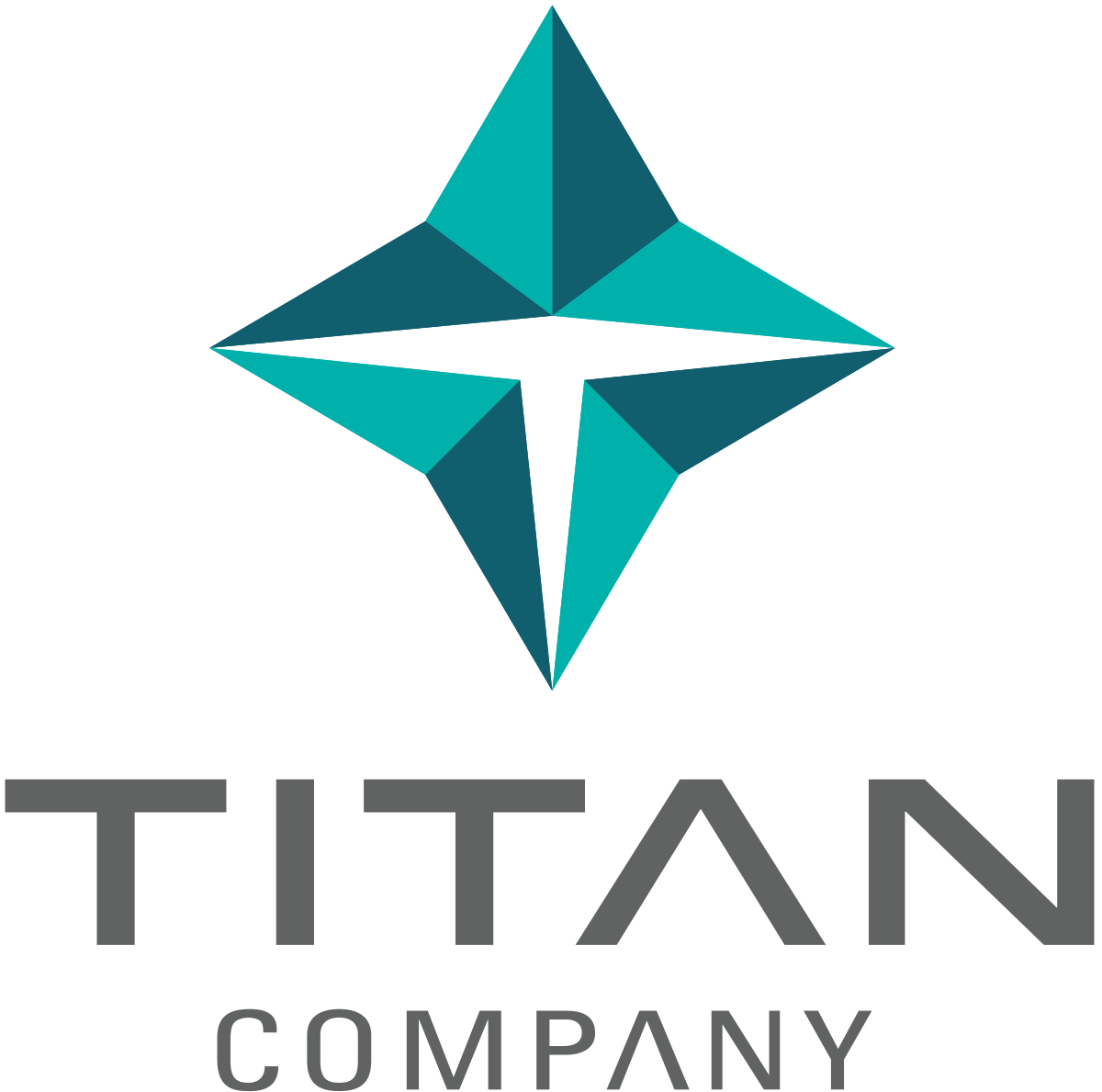
- Real-time visibility allows teams to track progress instantly, adjust strategies on the fly, and maintain motivation.
- Gamification taps into natural competitive instincts and fosters engagement. Features like leaderboards, badges, and micro-challenges turn routine tasks into achievable goals, keeping reps motivated during long campaigns
- Traditional programs often rely on manual processes, delayed payouts, and rigid structures. Modern solutions prioritize agility—real-time tracking, instant rewards, and customizable campaigns that align with shifting market needs (e.g., promoting sunscreen during a heatwave).
- Absolutely. While monetary rewards drive short-term results, non-monetary incentives (e.g., public recognition, experiential rewards, or skill-building opportunities) boost long-term morale and loyalty.
Built-in learning modules or product guides allow reps to access training materials directly within the incentive platform.

Ready to take your incentive program to the next level?
Schedule a free Proof of Concept session tailored for your brand

Ready to take your incentive programs to the next level?
Schedule a free Proof of Concept session tailored for your brand
- Real-time visibility allows teams to track progress instantly, adjust strategies on the fly, and maintain motivation.
- Gamification taps into natural competitive instincts and fosters engagement. Features like leaderboards, badges, and micro-challenges turn routine tasks into achievable goals, keeping reps motivated during long campaigns
- Traditional programs often rely on manual processes, delayed payouts, and rigid structures. Modern solutions prioritize agility—real-time tracking, instant rewards, and customizable campaigns that align with shifting market needs (e.g., promoting sunscreen during a heatwave).
- Absolutely. While monetary rewards drive short-term results, non-monetary incentives (e.g., public recognition, experiential rewards, or skill-building opportunities) boost long-term morale and loyalty.
Built-in learning modules or product guides allow reps to access training materials directly within the incentive platform.
